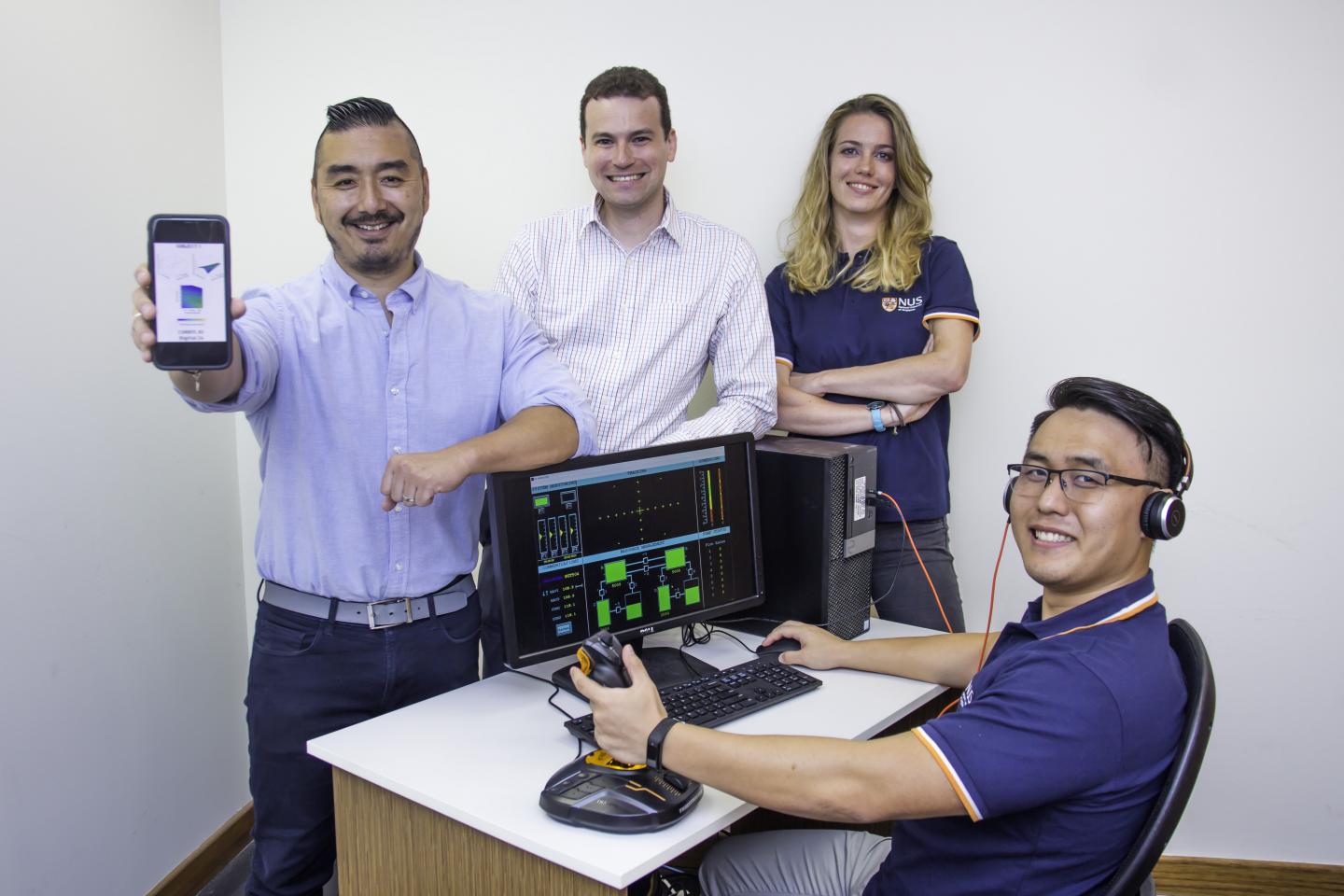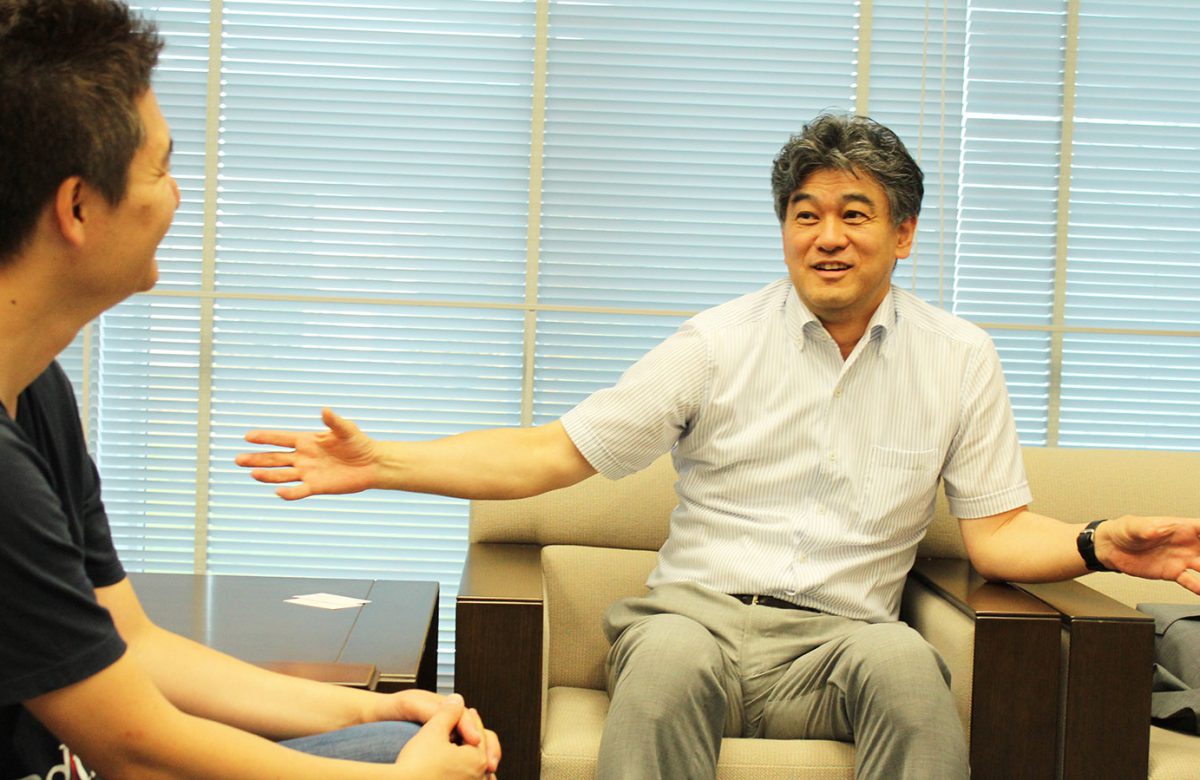5 Initiatives from Universities That Caught Our Attention in 2019
- ArticleHealth & MedicineHuman Mind
- February 13, 2020

A university’s reputation nationally and internationally is closely tied with its performance in research and academia. A major contributor to a university’s reputation is its research output and the impact the research has in the real world. Here is a list of 5 top research projects from universities around the world that made waves in 2019.
1. The Royal College of Music (RCM)
RCM is trying to address health problems among musicians. The Musical Impact project surveyed a combined network of over 1,500 musicians, scientists, and health professionals. Nearly 80% reported pain in the upper body, and stress management, sleep quality, and health management were lower than expected. In response, the Centre for Performance Science (CPS), a joint initiative with Imperial College, created Healthy Conservatoires. This is an international network bringing together stakeholders from across the performing arts to support health and wellbeing. The network meets twice a year and has over 150 members who share a vision to support and promote health and wellbeing among performing artists.
2. University of Plymouth
The University of Plymouth is leading a project to address the loneliness and mental wellbeing among the elderly residents of Cornwall, a county in South West England, by installing Amazon Echo Spots for use within care environments. The university aims to install 150 devices in care homes. These homes and domiciliary patients will be linked with a team of 15-20 Digital Health Champions who will support them in using the devices. The devices can be tailored to the needs of the user and the environment, but broadly they could be used for setting up treatment and medication reminders; video communications among health practitioners, family, and friends; and enabling interaction with age-appropriate media, for example, sound media suitable for their age/interest. The project paves the way for not only reducing loneliness and enabling better connection with families; it will also help reduce demands on the health and social care system within the region.
News Source: https://www.plymouth.ac.uk/news/smart-speakers-project-to-advance-elderly-care-across-cornwall
3. Seoul National University (SNU)

SNU has consistently filed a high number of patents over the last decade and is frequently lauded for its research quality. It was ranked #1 by Reuters in its 2019 list of Asia Pacific’s Most Innovative Universities. Among SNU’s latest research is a new “lipid nanotablet,” a significant innovation in the development of ultra-small bio-based computers. The structure of the device resembles the membranes of living cells, and computing is performed by nanoparticles bonded to pieces of DNA.
News Source: https://www.useoul.edu/research/highlights
4. National University of Singapore (NUS)

Researchers at NUS are developing an artificial intelligence system that can improve the cognitive performance of students. The platform, called CURATE.AI, creates individualized profiles and builds training programs customized to each person’s learning habits; researchers say it not only improves the efficiency of training programs, but can help prevent cognitive decline in older users. In May, NUS signed an agreement with Duke University to promote joint research and development activities between the two universities. The collaboration will focus on global health, public policy, and innovation and entrepreneurship.
News Source: https://www.eurekalert.org/pub_releases/2019-05/nuos-nps052219.php
5. Tokyo Medical & Dental University (TMDU)
Researchers at TMDU are using stem cells to reverse the damage caused by inflammatory bowel diseases (IBDs) such as Crohn’s disease and ulcerative colitis. The university has also partnered with TDK Corp to come up with the world’s first measurement and visualization of cardiac activity using magnetoresistive sensors – a technology more commonly used in the read heads of hard disk drives.
News Source: http://www.tmd.ac.jp/english/research_activities/Vol-4/features/f_3/index.html





